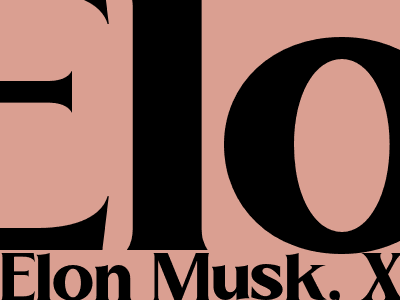
FC St. Pauli and the Power of Fan Ownership
The Bundesliga Club With a Unique Community-Owned Model
FC St. Pauli, a German football club based in Hamburg, has long stood out for its unique fan ownership and community-centric approach. Unlike most other professional football clubs, which are typically owned by wealthy individuals or corporations, FC St. Pauli is owned by its fans through a non-profit association. This model gives supporters a direct say in the club's direction and ensures that the club remains true to its values of social justice, anti-racism, and community involvement.
A History of Fan Engagement
FC St. Pauli's fan ownership model has its roots in the club's history of active fan involvement. In the 1980s, a group of fans founded the "Fanladen," a community center that provided a space for supporters to gather and organize. The Fanladen became a hub for social activism and played a key role in promoting anti-racism and anti-fascism within the club's fan base.
In 1998, FC St. Pauli adopted a new set of statutes that enshrined fan ownership and participation in the club's governance. The club's members, who pay an annual fee, elect a board of directors that is responsible for overseeing the club's operations. Members also have a direct say in major decisions through a system of referendums.
A Model for Social Responsibility
FC St. Pauli's fan ownership model has enabled the club to pursue a variety of social initiatives that benefit the local community. The club operates a number of youth programs that provide opportunities for young people from disadvantaged backgrounds to participate in football and learn valuable life skills. FC St. Pauli also supports local charities and social justice organizations, and the club's stadium has been used to host political rallies and protests.
In addition to its social initiatives, FC St. Pauli has also been a pioneer in environmental sustainability. The club's stadium is powered by renewable energy, and the club has implemented a number of measures to reduce its carbon footprint.
A Club for the Community
FC St. Pauli's fan ownership model has created a unique and vibrant club culture that is unlike anything else in professional football. The club's supporters are fiercely loyal and passionate, and they play an active role in shaping the club's identity and direction. FC St. Pauli is more than just a football club; it is a symbol of community, social responsibility, and the power of fan engagement.
Elon Musk and the Potential for Fan Ownership in the Bundesliga
Elon Musk, the CEO of Tesla and SpaceX, has recently expressed interest in buying a stake in FC St. Pauli. Musk is a self-described "big fan" of the club and its fan ownership model. If Musk were to invest in FC St. Pauli, it would be a major boost for the club and could help to raise the profile of fan ownership in the Bundesliga.
Fan ownership is a model that has the potential to transform professional football. By giving supporters a direct say in the direction of their clubs, fan ownership can help to ensure that clubs remain true to their values and that they are run in the best interests of the community. FC St. Pauli is a shining example of how fan ownership can work, and the club's success should serve as an inspiration to other clubs around the world.